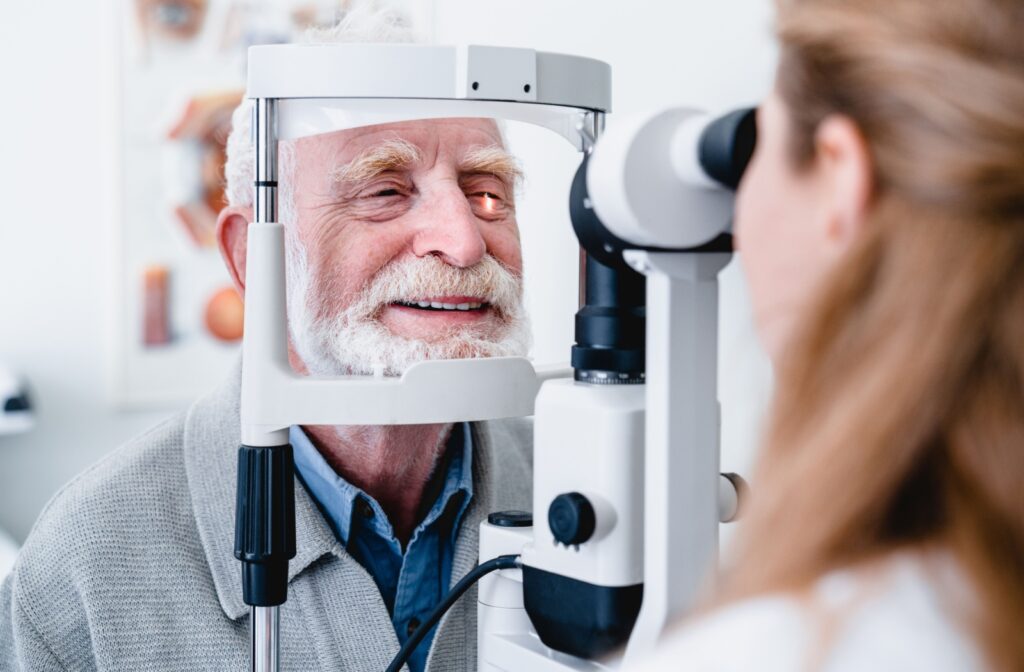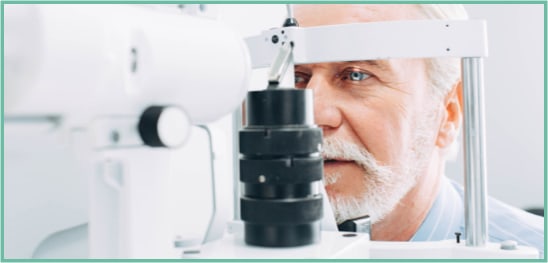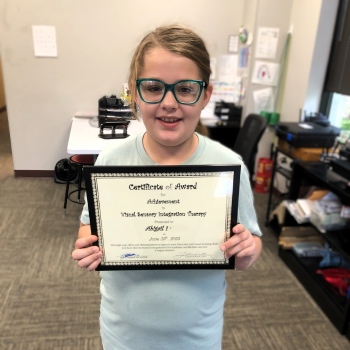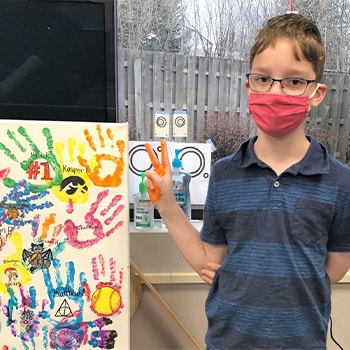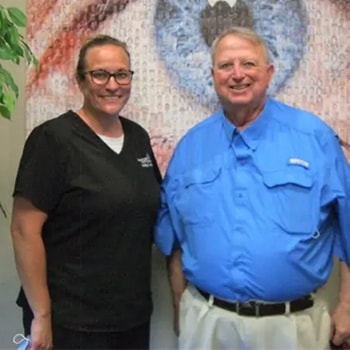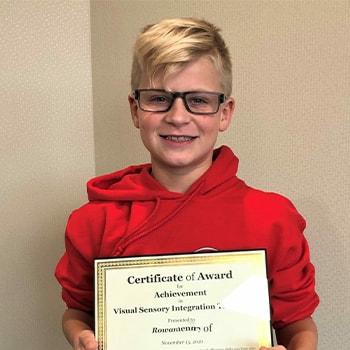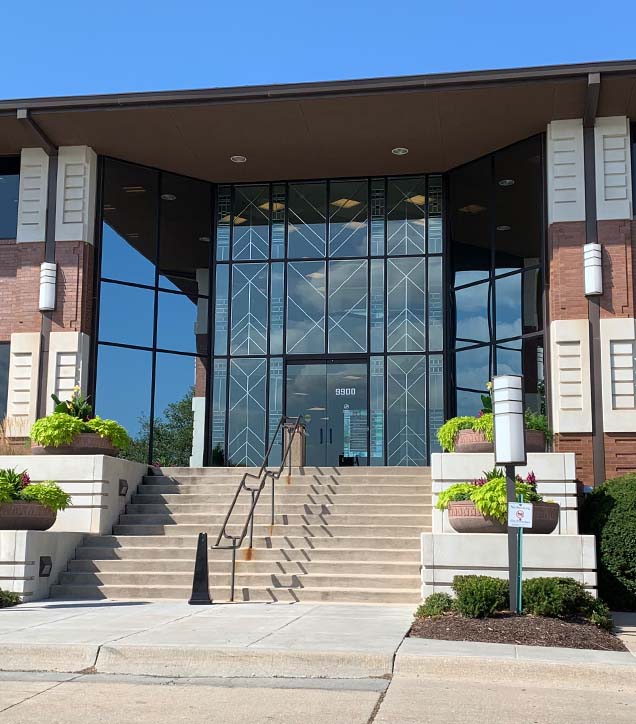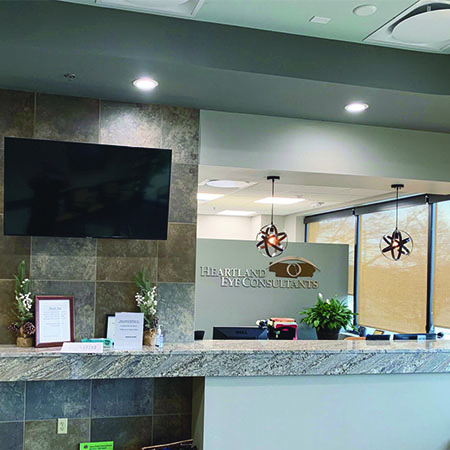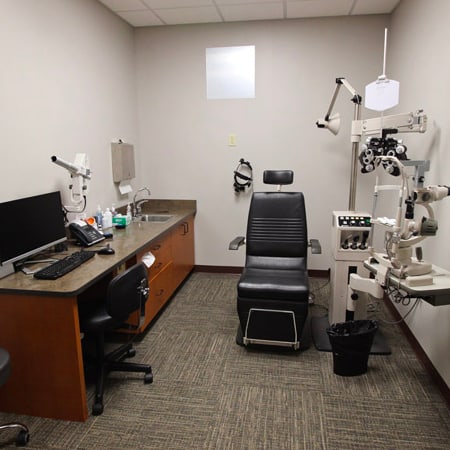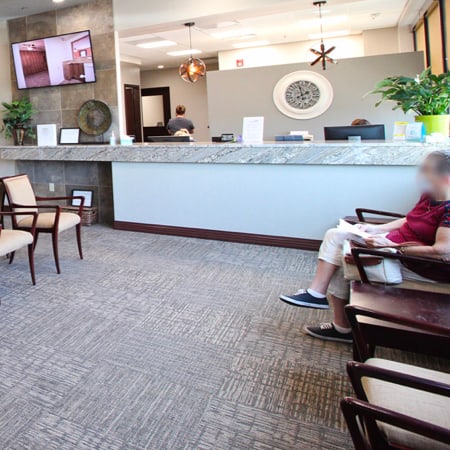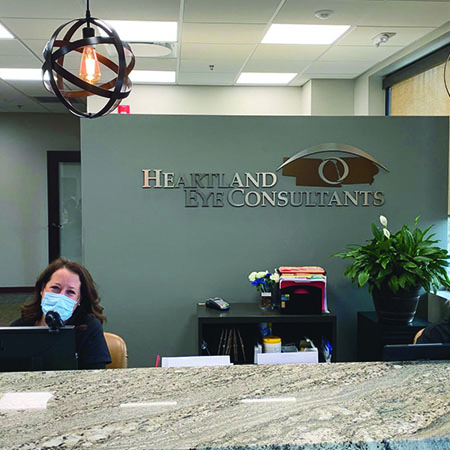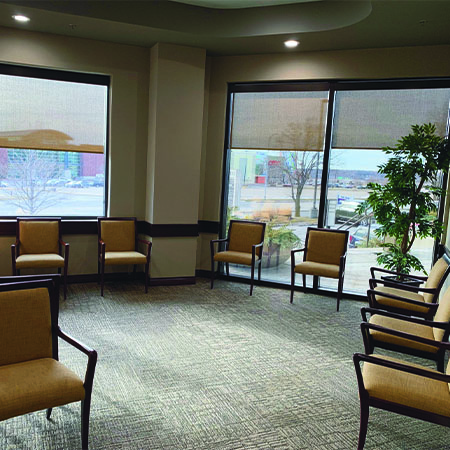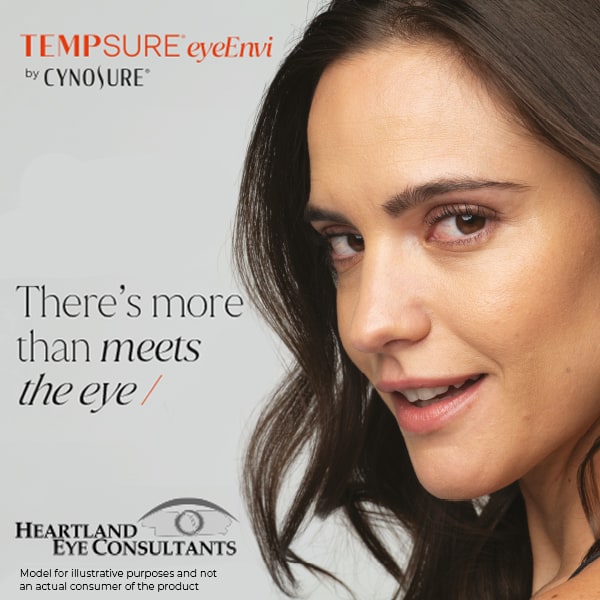Vision often changes over time. It’s a natural part of life, especially as you get older. Sometimes, these changes are small, and cause blurriness, discomfort, or overall irritation. But can vision improve with age, or is this unusual?
The unfortunate truth is, your vision shouldn’t typically improve with age. While there are rare exceptions, most age-related vision changes worsen your eyesight rather than improve it.
If you ever notice a sudden and significant change in your vision, contact an optometrist as soon as you can. This can be a sign of an underlying eye condition that requires immediate attention.
What Happens to Your Eyes with Age?
Your vision should go through several predictable changes as you age. Your eyes are complicated organs, and they’re vulnerable to the aging process just like any other organ.
One common shift is the lens inside the eye becoming less flexible due to presbyopia. This lens changes shape to focus at different distances, and as the years go by, this ability decreases. It’s a gradual process that affects nearly 2 billion people worldwide.
Meanwhile, eye tissue undergoes wear and tear with the passing years. Proteins break down, or the tissue may not repair itself as efficiently. If you don’t follow safe habits and proper nutrition, this is much more common. These can all impact the overall health of the eye, the retina, and even the optic nerve.
These shifts don’t always cause significant changes. However, a minor decrease in vision is completely normal.
Should Your Vision Get Better with Age?
While most people experience vision challenges as they grow older, this isn’t guaranteed. Some conditions develop subtly, and they may affect the shape of your cornea, lens, or eye. This can sometimes lead to an unusual increase in vision.
Some common culprits of vision changes include:
- Presbyopia, where the lens struggles to change shape as efficiently. This typically affects your nearby vision while keeping your middle-to-distant vision clear.
- Cataracts, the natural clouding of the eye’s normally-clear lens. This can sometimes lead to short-term improvements in your vision before they worsen, though this is rare.
- Age-related macular degeneration (AMD), where damage to the retina causes vision loss. This condition requires constant monitoring to prevent worsened vision.
These conditions all develop slowly, but can easily impair your vision. If you leave them untreated, they can cause significant problems.
What Causes Sudden Vision Changes?
Sudden changes in vision should always be taken seriously. Some eye conditions are more serious than others, and they may develop quickly.
Retinal damage stands out as one serious cause. The retina, the light-sensitive tissue at the back of the eye, is a crucial part of your visual system. When compromised—from injury or medical complications—it can lead to vision loss if untreated.
Glaucoma is another culprit. This is a group of conditions often linked to high internal eye pressure. This can spike and put pressure on the optic nerve, causing permanent vision damage. Some types of glaucoma develop slowly, while others are extremely quick. If you notice tunnel vision or sudden blurriness, contact your doctor immediately.
Any significant changes in your vision need to be prioritized. Your eyes are sensitive and vulnerable to potential problems. Always treat vision problems as an immediate concern.
Signs of an Eye Emergency
Sometimes, certain symptoms demand immediate medical attention. If your vision suddenly improves after years of needing glasses and contacts, don’t ignore this. While it may seem like a good thing, this can be a sign that something is wrong.
Other signs of an eye emergency include:
- Sudden loss of vision in 1 or both eyes
- Severe and persistent eye pain
- Flashes of light, floaters, or dark shadows in your vision
- Significant swelling, redness, or bleeding around the eye
If you encounter any of these, immediately contact a medical professional or your optometrist.
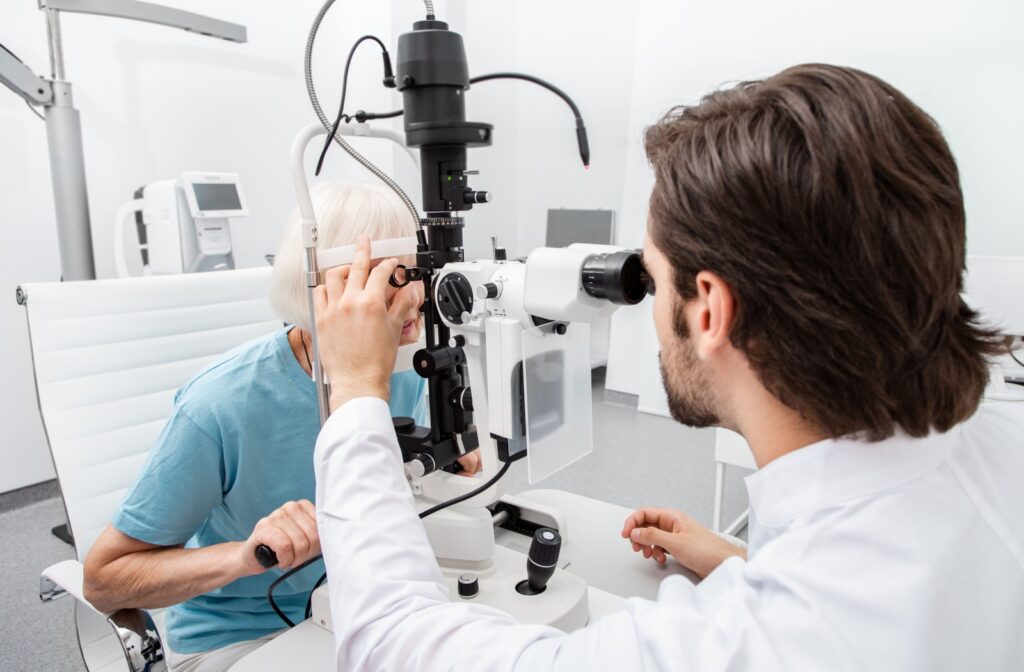
Tips for Keeping Your Vision Clear
Caring for your eyes is often easier than you might think. It’s all about adopting healthy habits that help give your eyes what they need to maintain their health.
To give your eyes what they need to thrive, try to:
- Eat foods rich in nutrients like vitamins A, C, & E to support eye health.
- Wear UV-blocking sunglasses to reduce damage from prolonged sun exposure.
- Stay hydrated, as it’s part of maintaining a healthy tear film.
- Avoid smoking, as it can accelerate vision-related damage.
And don’t forget to regularly visit your optometrist for comprehensive eye exams. These visits are a simple and effective way to monitor any changes in your eyes and vision.
Get Your Vision Checked
Your vision will likely change with age. It’s a natural part of the aging process, and it’s nothing to fear. However, if you notice anything unusual—like sudden vision improvements—contact our team at Heartland Eye Consultants. We can work with you to find the cause of these vision changes and, if necessary, find a treatment that works for you. Book an appointment with our team today.


